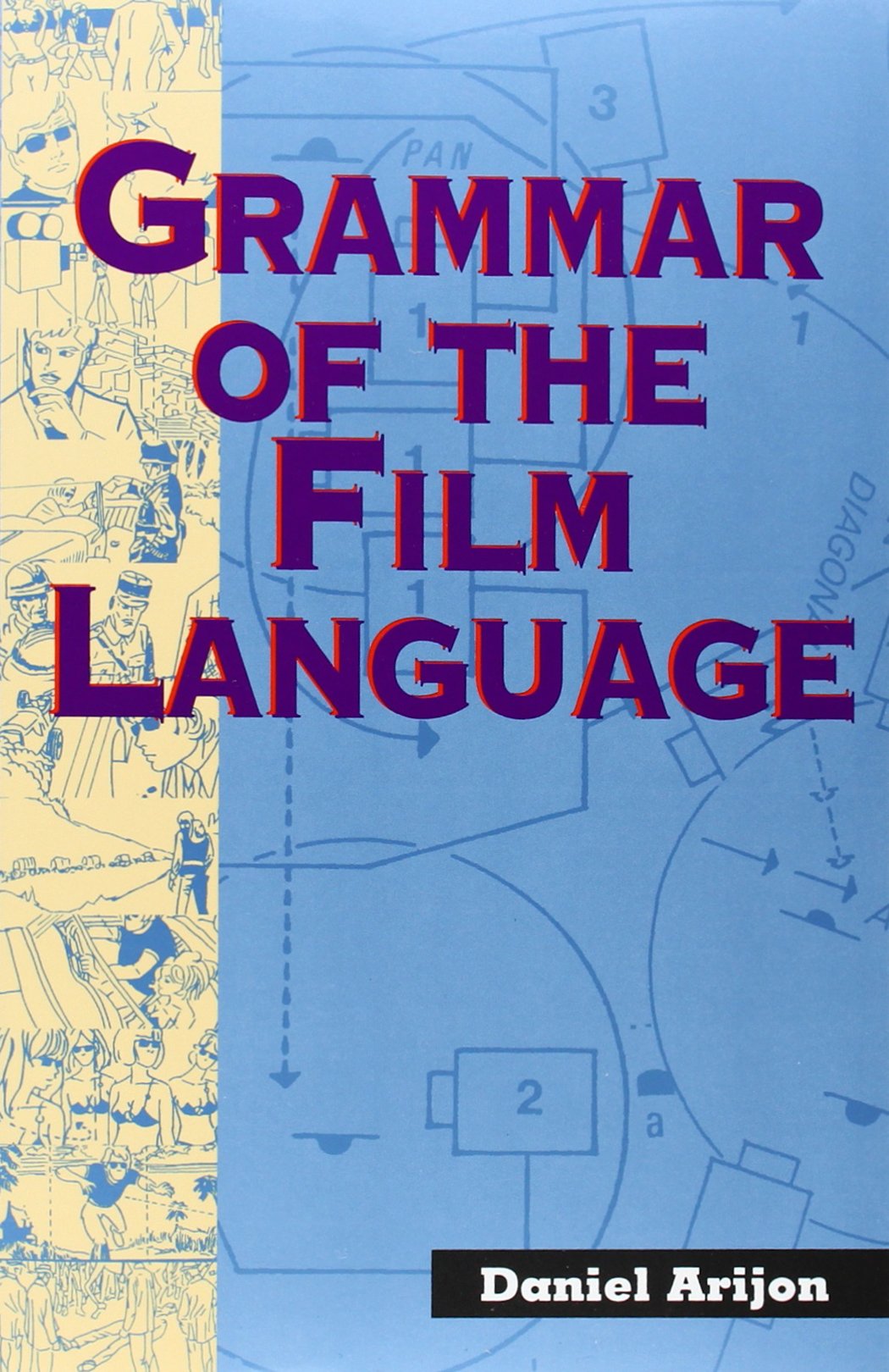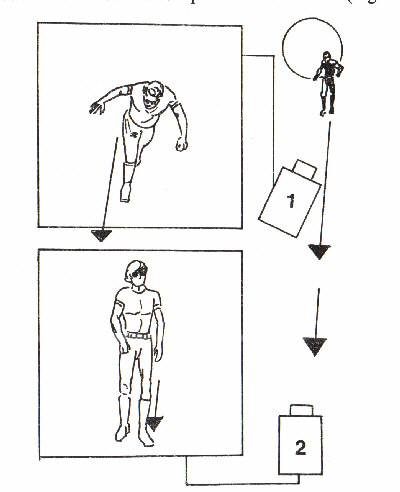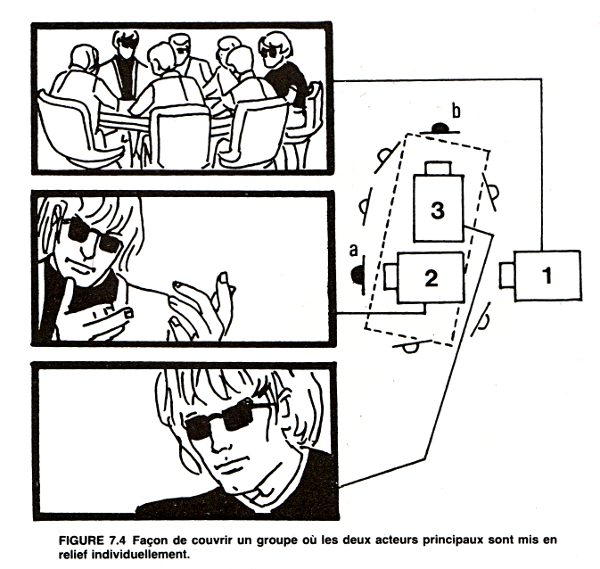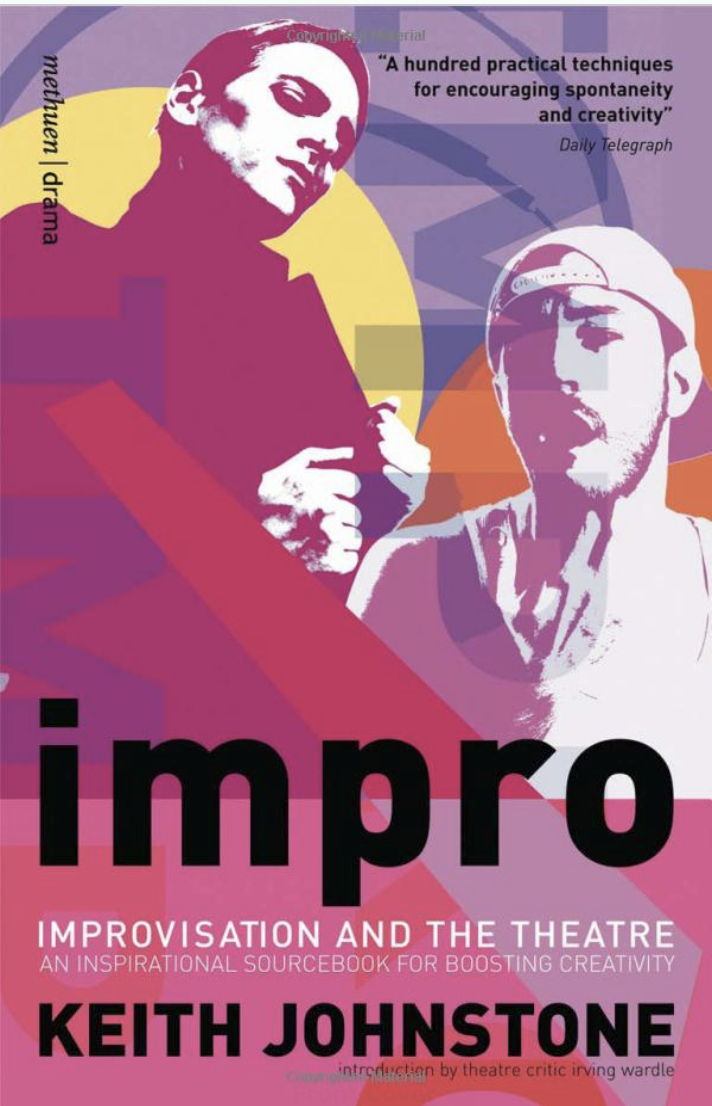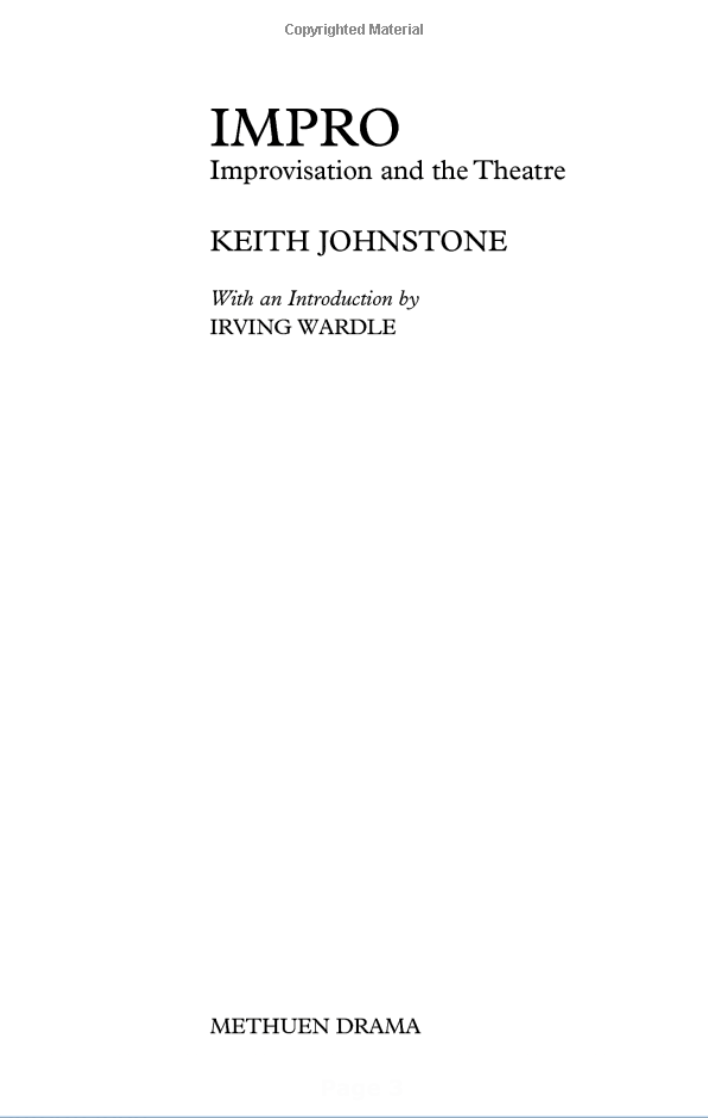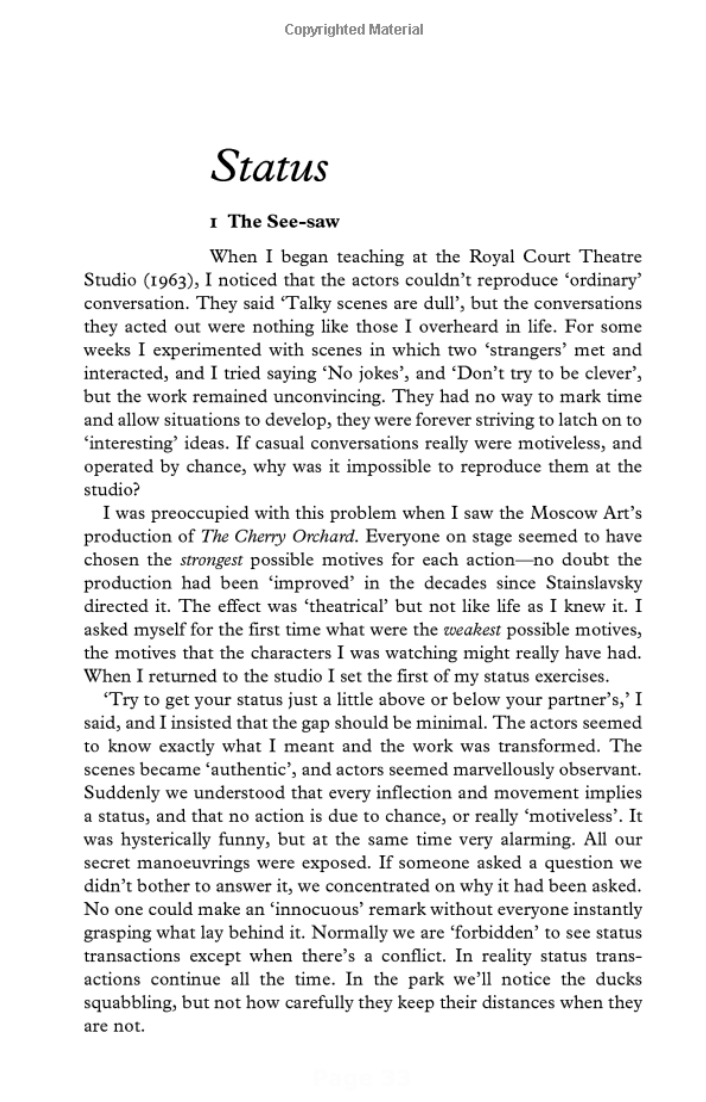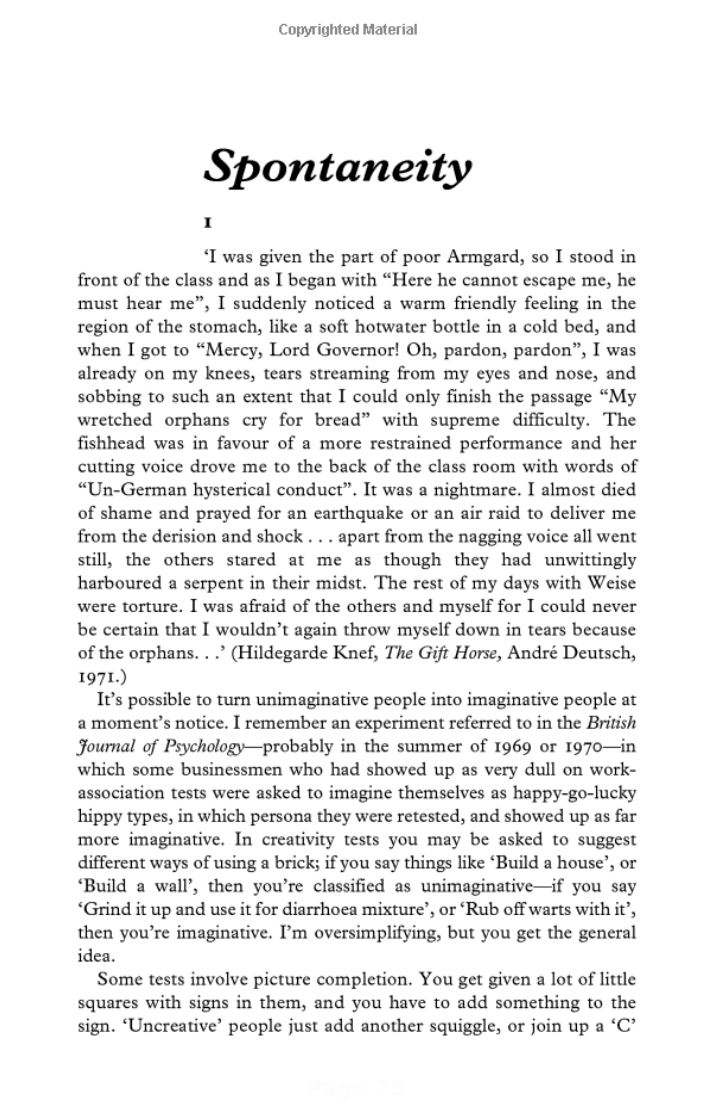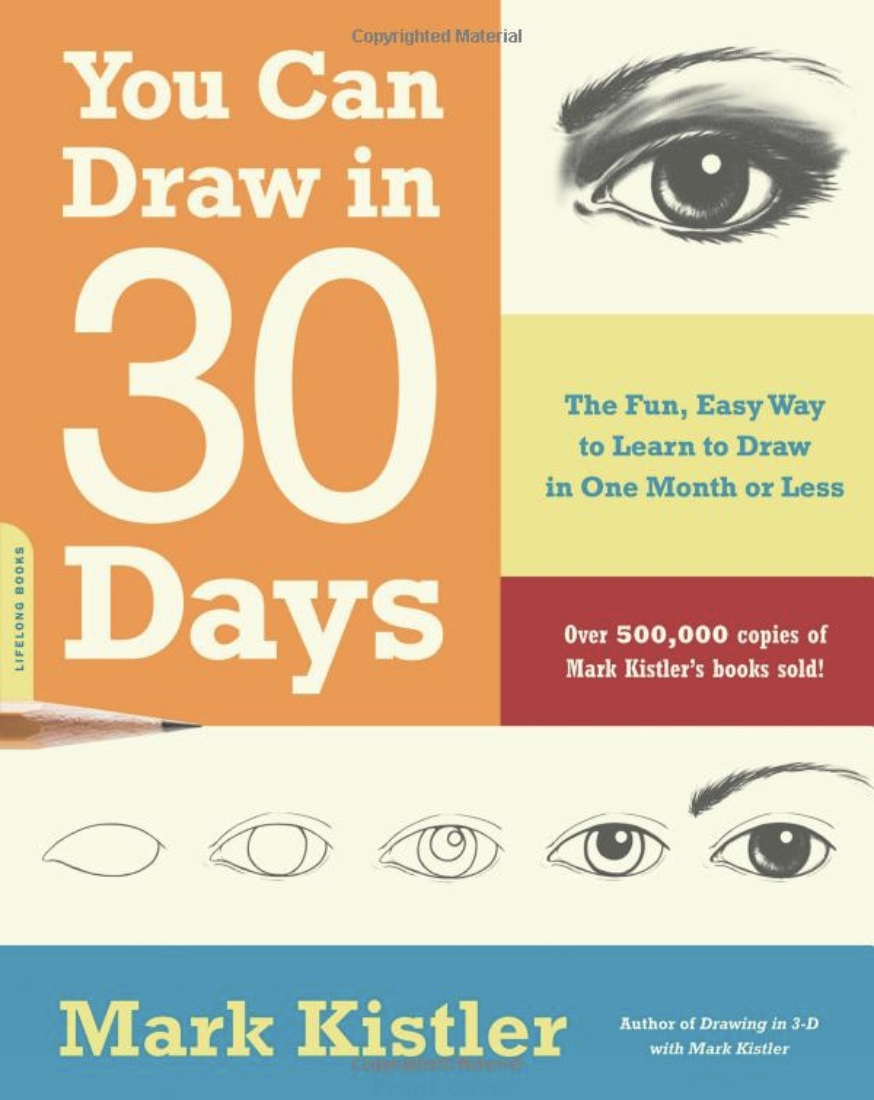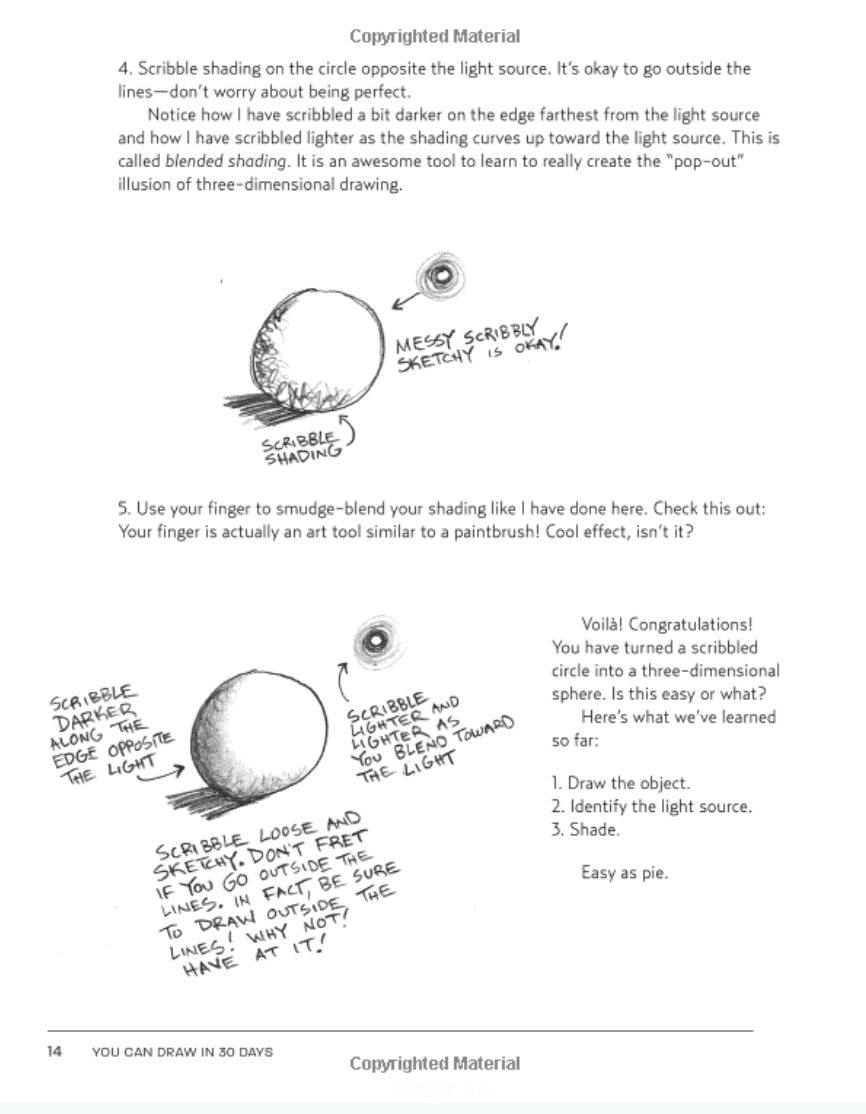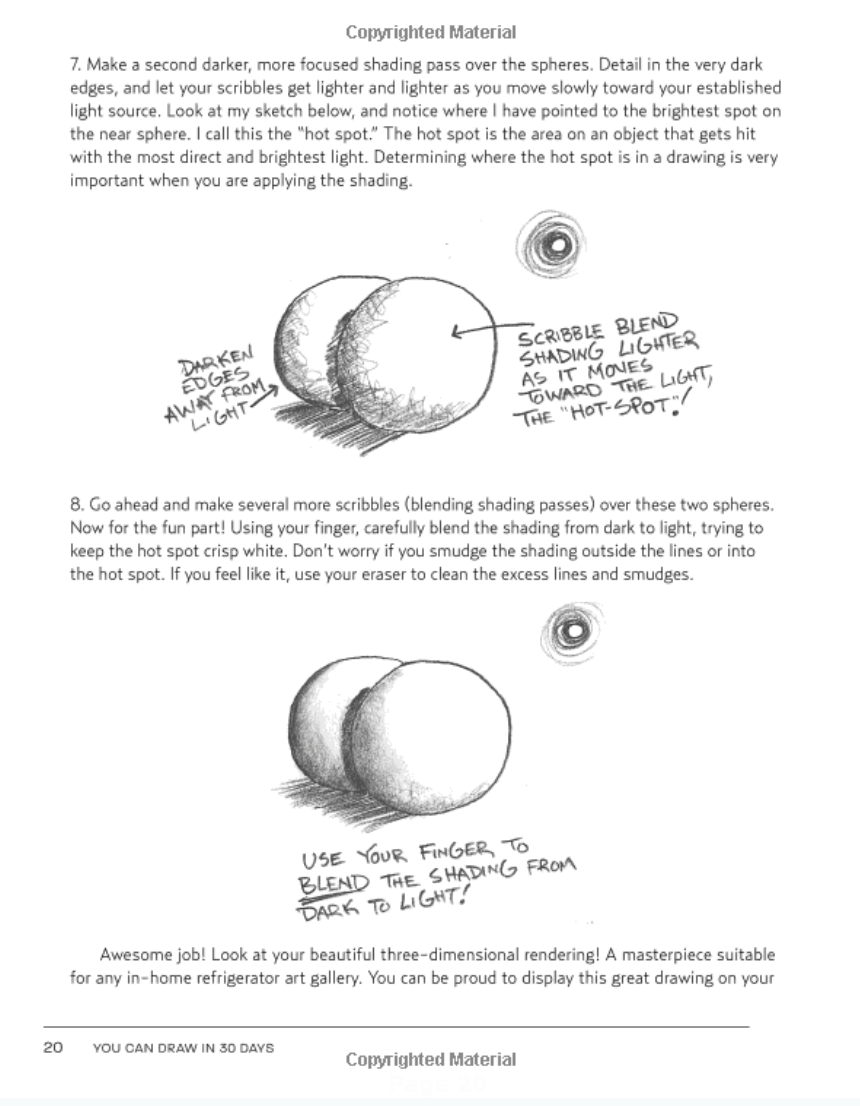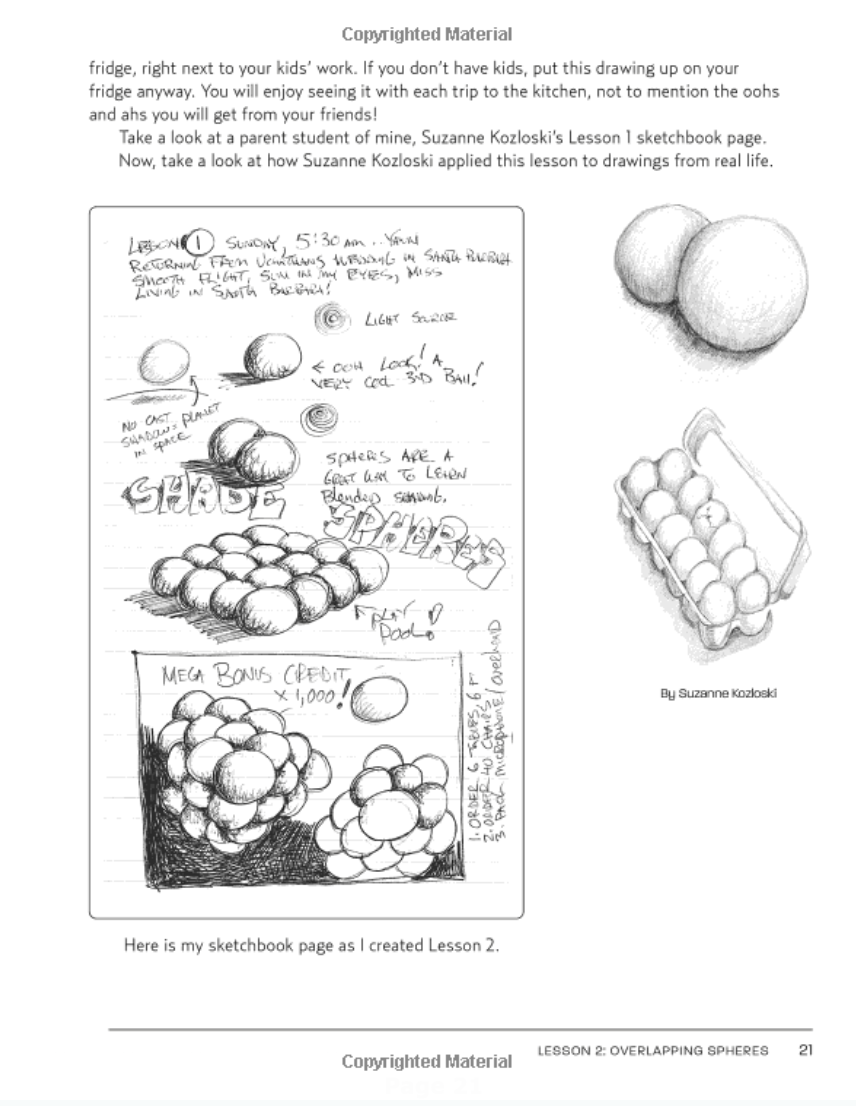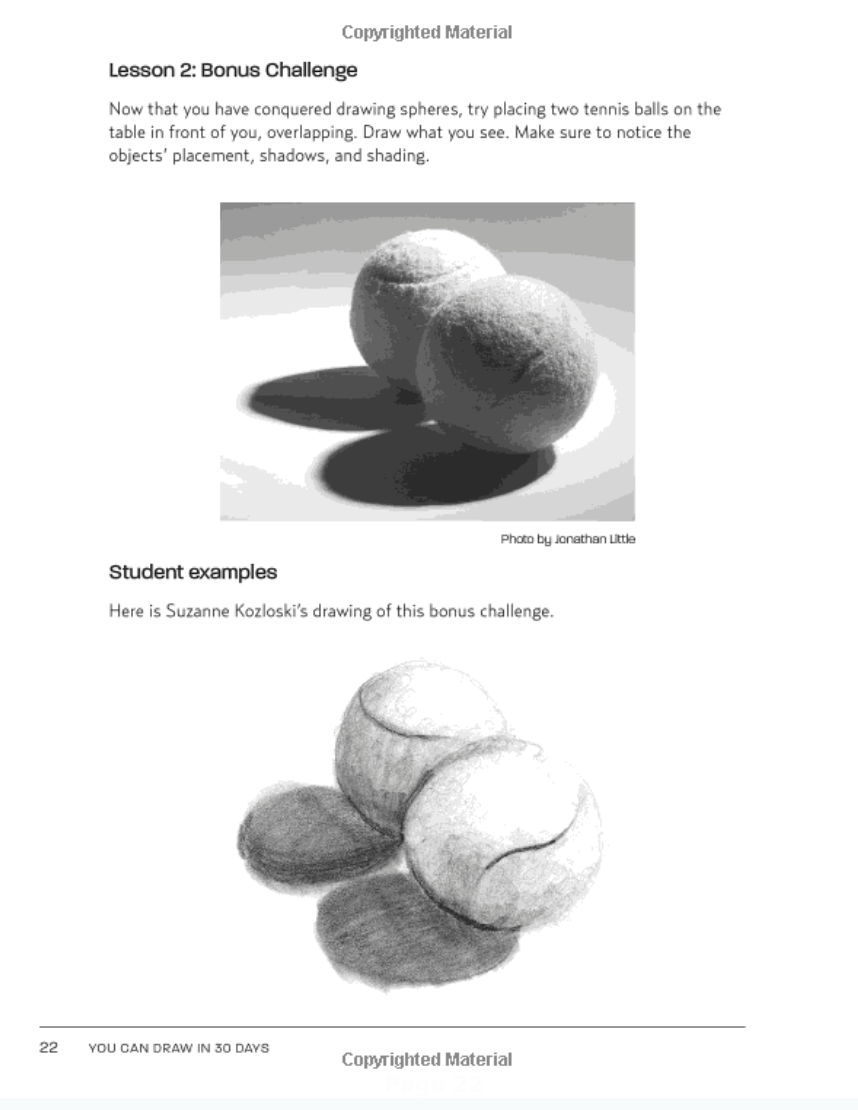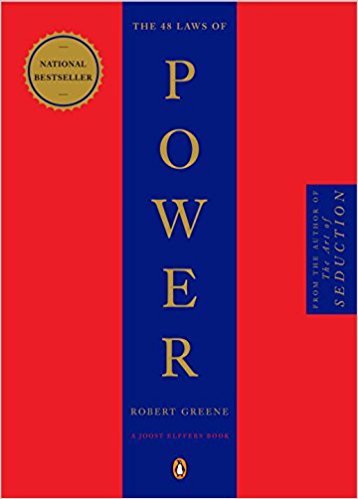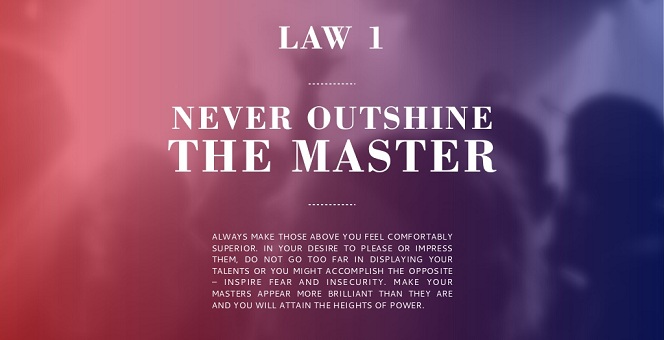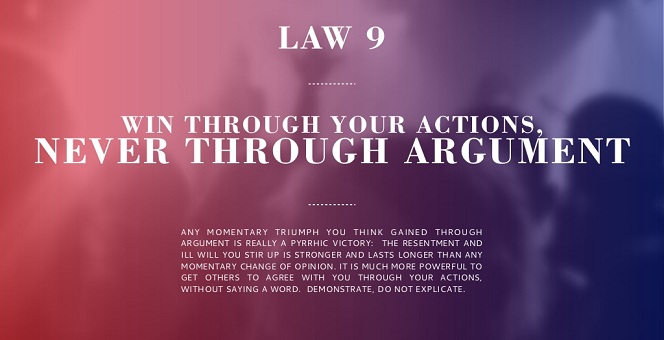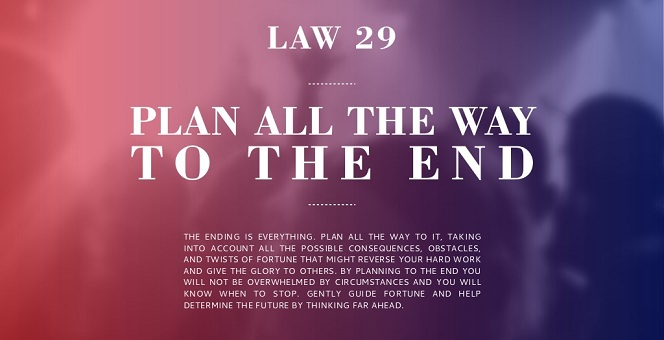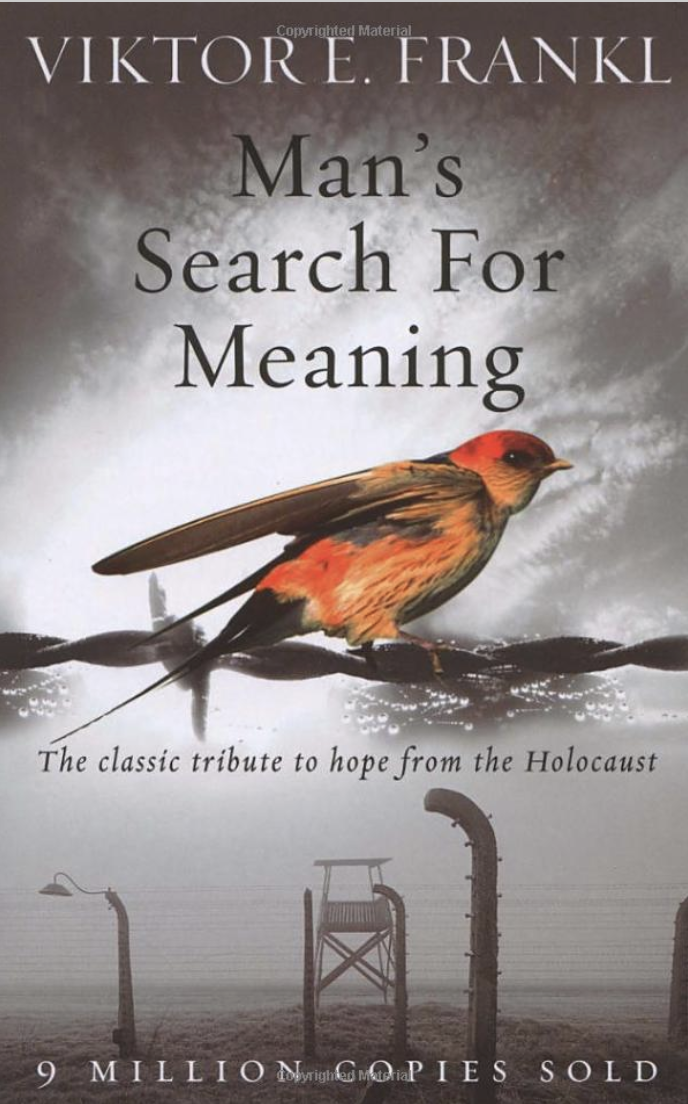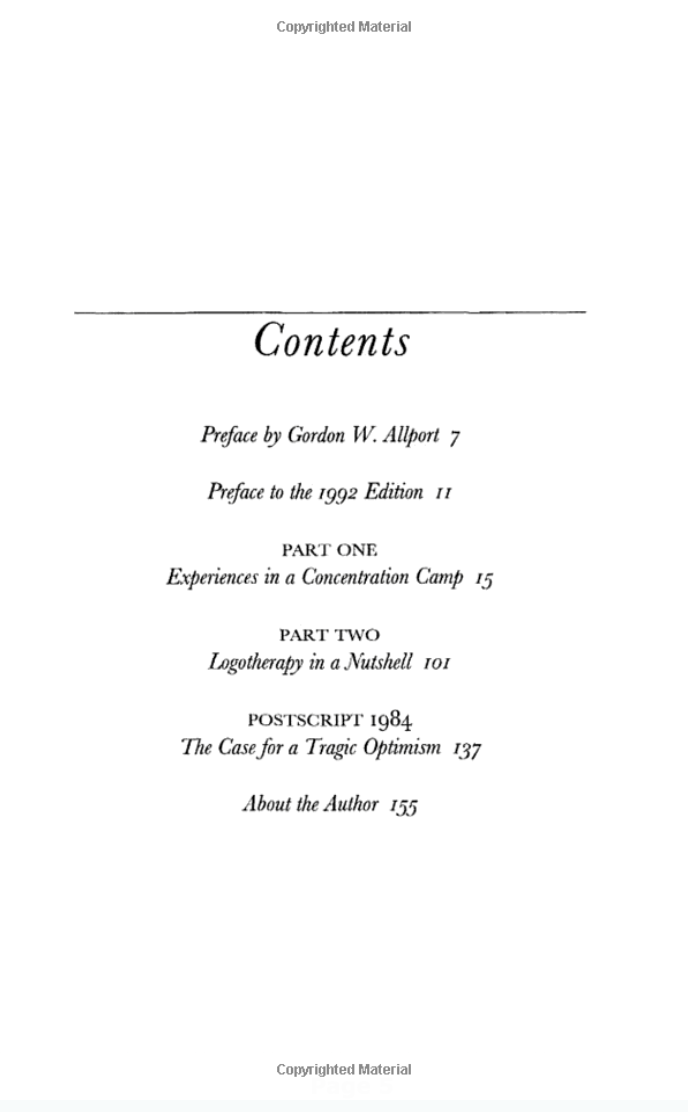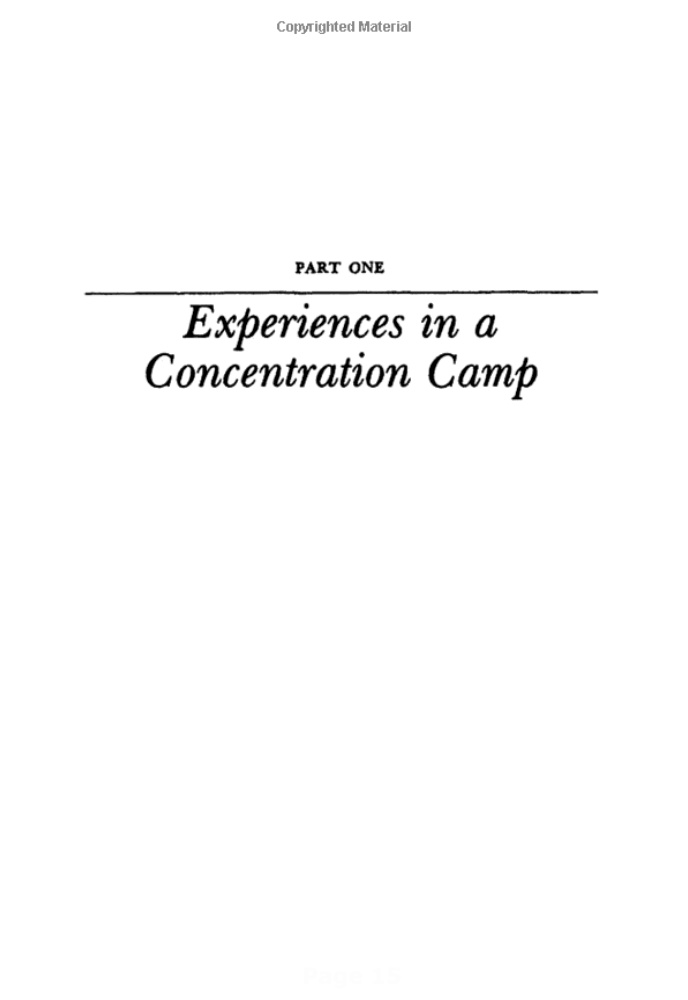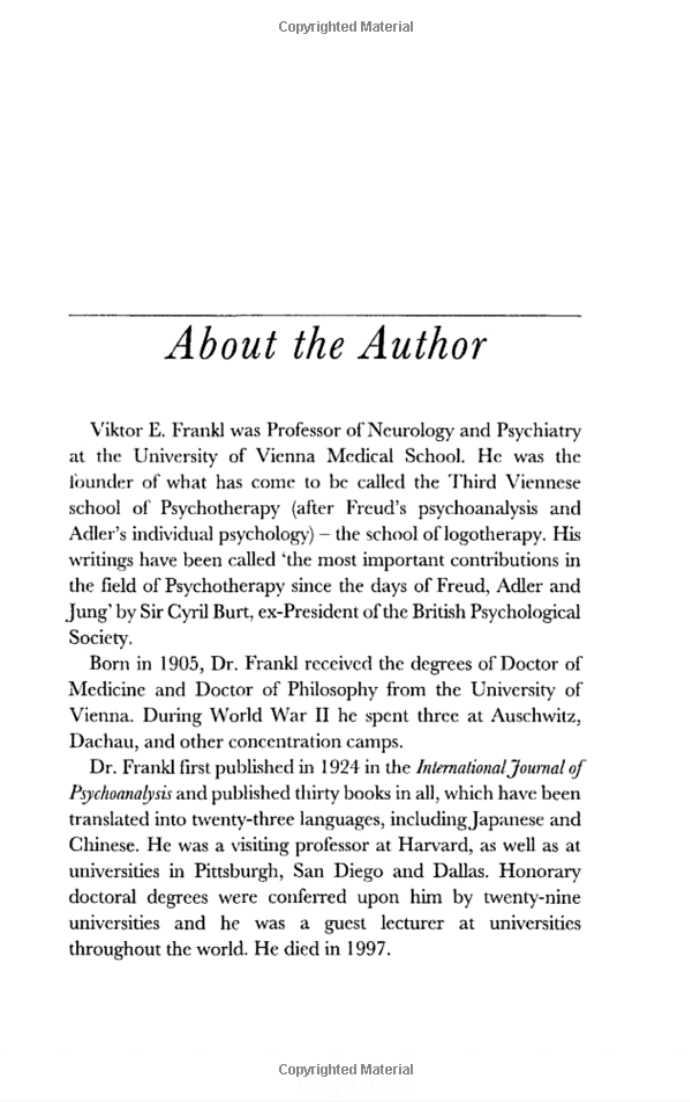Alternative Books for Film-makers
I taught myself --am still teaching myself -- film. It's a 25 year process and counting. And as someone self-taught, I have a very special relationship with certain books that acted as my teacher. That helped me understand my job and the environment I worked in when I had no-one to guide me. Certain of the books mentioned below are the literal reason I have, and have been able to keep, my job as a director.
I took a look at what film-making books other blogs recommend. And my choices are a little more... alternative. Don't get me wrong: I love In the Blink of an Eye. But the books that have really made the difference to me are different. You won't find Rabinger or McKee below. To be honest, only one of these could be considered a film book. But they'll do more for you than most film-school reading lists combined.
So if you're a fan of lateral thinking, creativity, and being a rounded individual, read on. And if you've read any of these titles, let me know what you think of them in the comments.
A Grammar of the Film Language, Daniel Arijon
This is a fantastic primer that covers -- literally -- every conceivable way you can shoot a scene. A hell of a lot of technical instruction today is about replicating someone else's style. About surface texture. They start with the idea: 'This looks cool -- how do I copy it?' That's fine as part of a balanced diet -- but it doesn't lead to a deep understanding in how to tell stories or succeed in film.
It would be like a writing course that taught students how to use their favourite words, but never how to put together a sentence.
'A Grammar of the Film Language' is the opposite. It gives you the literal grammar of how you put together shots to tell a story. It gives you the tools you need and explains the options you have to tell a story in any way -- so you can discover your way.
Everything is covered. Single Character. Multiple characters. Action. Flow. It's not always an easy read. But this is what you pick up before blocking out a scene with seven characters around a dinner table.
Best bits: where Arijon gets bored and starts illustrating all his characters naked.
Go to 'A Grammar of the Film Language' on amazon.
Impro, Keith Johnson
Maybe I'm biased. I don't think I can talk about 'Impro' without sounding like an evangelising maniac or super-smug know-it-all douche. I don't care, though. Honestly, unless you were born a genius, you can't be a fully qualified director without the insights you'll find in 'Impro'.
A manual for understanding life as much as a set of dramatic tools, 'Impro' will change your perception on almost every subject it touches. The first part -- Status -- is a masterpiece of social anthropology, the psychology of personal interactions, and an analysis of the basic units of dramatic content.
If you haven't read it, it's the most important thing you need to do to improve your writing and directing. Honestly, stop reading this stupid article right now, buy the book, and come back. Or don't come back, so long as you read 'Impro'. I would go as far as to say that there are two kinds of people in the world, people who've read Impro and people who haven't.
Unless your last name ends in Fincher or Kubrick, you probably won't have teased out all this stuff through personal observation, and you will find yourself using it in almost every scene you write or direct afterwards.
Best bit: 'Status', one of the most illuminating essays you'll ever read on anything.
Go to 'Impro' on amazon. Now!!!...
You Can Draw in 30 Days, MARK KISTLER
If you direct, you need to know how to draw. You don't need to give Leonardo Da Vinci a run for his money. But you need sketch well enough -- in some form -- that your collaborators can understand what you're attempting to communicate visually.
You need to work up storyboards where a close-up of an angry man's face is more than a big fat circle within a square.
Communicating visually on the most basic level is something I've struggled with all my life -- and I continue to struggle with (you can ask Mack Chater and Lauren Zara Brown what they think of my scamps and you'll probably get a minute-long laughing fit...)
But a month with this book allowed me a freedom to express myself with a pen and paper. And it's changed my relationship with pre-production. As someone who was always told, "You just can't draw..." it's liberating to realise that, even to a very limited extent, you can.
'Draw in 30 Days' is a very special book, it's a lot of fun, and it works. You might not be a storyboard artist at the end of the month, but you'll look back at the improvement you've made with astonishment. Buy the book along with a couple of 4B pencils and a sketchbook, put an hour aside for thirty days, come back here and tell me it wasn't worth the time.
Best bit: drawing koalas.
Go to 'You Can Draw in 30 Days' on amazon.
The 48 Laws of Power by Robert Green
This book is almost endless fun. Revel in its Machiavellian spirit. Then use it to navigate every part of the film business outside of designing shots.
Within the first chapter: 'Never Outshine The Master', you'll recognise and finally understand the power dynamics of working for execs, creative directors and clients. Clear, lucid, and convincing, it'll shine a light on many baffling episodes you've experienced. 'The 48 Laws of Power' explains the crazy situation we've all experienced at one time or another in this business. Where working harder, doing better work, making bigger sacrifices, all make your relationships with those who work for seemingly explode.
'Win through your actions, never through argument' is another chapter that should be read by all directors -- it's a completely convincing explanation of why you should do more, and talk less. In my experience, successful directing is most often doing and showing, while unsuccessful directing almost always manifests itself as talking and talking and talking.
The book also demonstrates a self-awareness as to some of its more ridiculous claims, and includes a section at the end of each chapter that discusses when to ignore each particular rule.
Just don't take The 48 Laws -- or the Machiavellian lessons it tries to impart -- too seriously -- unless you aim to be a sociopath.
Best bit: Never Outshine the Master.
Go to 'The 48 Laws of Power' on amazon.
Man’s Search for Meaning by Viktor E Frankyl
Lastly, if you're like me, making film is a life-long passion. But why?
Why is trying to succeed at getting attention, pleasing audiences, recreating the triumph of people you admire -- such an all-consuming goal in your life? Why does it become more important to you than your own happiness and wellbeing, then those of the people you love? Why does it frequently become more important than trying to make the world a better place?
Few people think much about this when they start out. But as you get a little older and more scarred, you notice the primary reason folks around you decide to walk away, do it for the simple reason. It doesn't feel worth the pain. People start to ask themselves, 'What am I trying to prove, and to who?' and they realise that they've never had a satisfying answer.
Whether you find success or you don't in an artistic endeavour, if you haven't truly examined what you believe your purpose in life is, and why the things that are important to you are important to you, your life will become more and more unsatisfying, and your passing years will feel wasted.
Victory E. Frankyl was an absolutely extraordinary human being. In response to surviving the horrors of Auschwitz, Frankyl analysed the differences between his fellow camp prisoners. Like him, they had been chosen by the prison guards to bypass the gas chambers so they could be worked to death in some of the most horrific environments imaginable. When Frankyl became one of the last remaining doctors in charge of the other prisoners' health, he realised, time and time again, that survival in this terrible place rested on a single thing: whether or not that person was still searching for a meaning and purpose to their lives. Someone could be weak, sick, hurt, and cling onto dear life because they felt they had a purpose. Those who died, he realised time and time again, went through the same distinct pattern. They might not even be ill to start with: but they would give up hope, a sense of purpose, the idea that the world was anything but filled with random cruelty. Within days they would be dead from one terrible reason or another.
Following World War 2, Frankyl used these experiences to develop the concept of Logotherapy and wrote 'Man's Search for Meaning' -- an international best-seller for more than 70 years, to expound the psychological concept that human beings are driven by a will -- not to power, as Nietzche claimed, and not to pleasure, like Freud claimed -- but to a will to find meaning in life. His philosophy of living was based around this simple idea. Human beings search for meaning and are never happy without self-actualisation. Whether or not we ever find true meaning in our lives is far less important than that we continually search it out.
Finding a philosophy of living is one of the most important things you can do as a human being, and putting words to whatever you feel your purpose may be, is an essential part of moving towards any kind of happiness. This book is both a moving testament to the resilience of the human spirit, an example of someone using a terrible experience to improve the world around them, an important reminder to examine your life.
Go to 'Man's Search for Meaning' on amazon.
Books I got too tired to write about in this article but are just as important to pick up:
'On Film-making', Alexander McKendrick.
The only truly in-depth 'how-to' film book written by someone who genuinely made first-class films. A dense, thought-provoking masterpiece.
'On Writing: a Memoir of the Craft', Stephen King.
Again -- I like books about things written by people who can actually do the thing they talk about. Stephen King's book on writing is the best and most insightful thing he's ever written.
'In the Blink of an Eye', Walter Murch.
Okay, Jesus. It's great. Everyone knows it and recommends it, but you can't really pass it by.
'Something Like an Autobiography', Akira Kurosawa.
The best director autobiography of all time. Kurosawa, man. That cat could write.
Other Books You Should check out if any of the above chimes with you:
Never Split the Difference, Chris Voss (negotiation skills)
A Guide to the Good Life: The Art of Stoic Joy, William B Irvine (the stoic philosophy of life)
Ego is the Enemy, Ryan Holiday (fantastic book about dealing with success and with failure)
David Fincher: Interviews (Conversations with Film-makers series) (smartest living film-maker gives you his unvarnished thoughts)
Making Movies, Sidney Lumet (a great film-maker talks about the nuts and bolts of making movies)
The Practicing Mind, Thomas M Sterner (great set of tools to stay fresh at what you enjoy)

